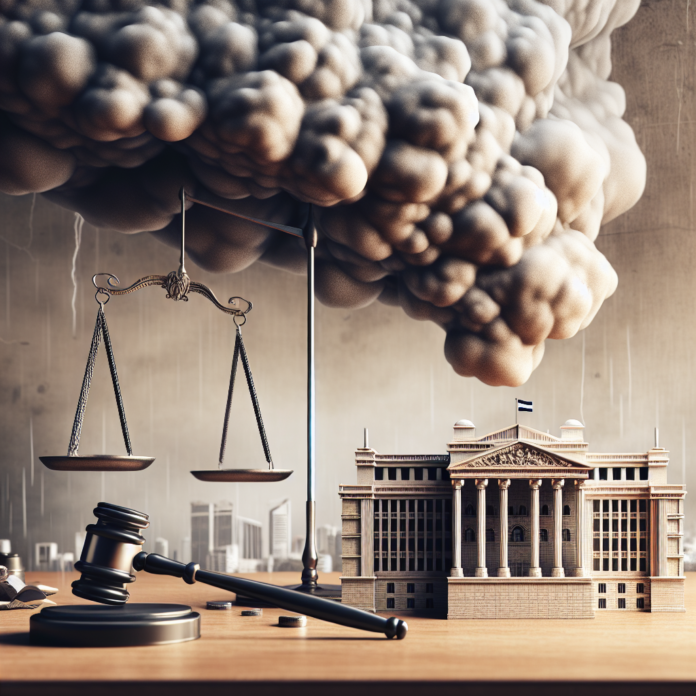“`html
Karnataka Government Lacked Authority to Revoke NIA Cases: Basavaraj Bommai
The Times of India
“`
Karnataka Government Lacked Authority to Withdraw NIA Cases: Basavaraj Bommai
In a recent statement, former Karnataka Chief Minister Basavaraj Bommai asserted that the Karnataka government did not possess the legal authority to withdraw cases that had been handed over to the National Investigation Agency (NIA). This revelation has sparked a debate on the jurisdiction and powers of state governments in handling cases of national significance.
Bommai, addressing the media, emphasized that once a case is transferred to the NIA, any decisions regarding its continuation or withdrawal fall under the purview of the central government. The NIA, a central agency, is tasked with investigating crimes that have national and international ramifications, including terrorism and other offenses that threaten national security.
The former Chief Minister’s comments come in the backdrop of recent controversies surrounding certain cases in Karnataka, which were initially investigated by the state police before being transferred to the NIA. These cases have been at the center of political and legal discussions, with various stakeholders questioning the process and decisions involved.
Legal and Political Implications
The issue raises important questions about the balance of power between state and central governments in India, especially concerning law enforcement and judicial processes. The Indian legal framework allows the central government to intervene in certain cases, particularly those impacting national security, through agencies like the NIA.
Legal experts have weighed in on the matter, highlighting that according to the NIA Act, once a case is transferred to the NIA, it is under the agency’s jurisdiction, and any withdrawal must be approved by the central government. This ensures that cases with potential national security implications are handled consistently and with a broader perspective beyond state boundaries.
Political Reactions
The statement by Bommai has elicited varied reactions from political parties and leaders in Karnataka. While some have supported his stance, arguing for a clear demarcation of responsibilities and powers, others have criticized it, suggesting that state governments should have a say in cases originating within their jurisdiction.
The current Karnataka administration has yet to officially respond to Bommai’s remarks. However, the discourse underscores the ongoing challenges in balancing state and national interests, especially in a diverse and federated system like India’s.
Looking Ahead
As debates continue, there is a growing call for clearer guidelines and protocols regarding the transfer and management of cases involving both state and national agencies. This could involve amendments to existing laws or the introduction of new frameworks that ensure both state and central interests are adequately represented and protected.
In conclusion, Basavaraj Bommai’s assertion highlights a critical aspect of India’s federal structure, emphasizing the need for clarity and cooperation between state and central authorities in handling sensitive and significant cases. As legal and political discussions unfold, the focus remains on ensuring justice and security while respecting the distinct roles of different government levels.

